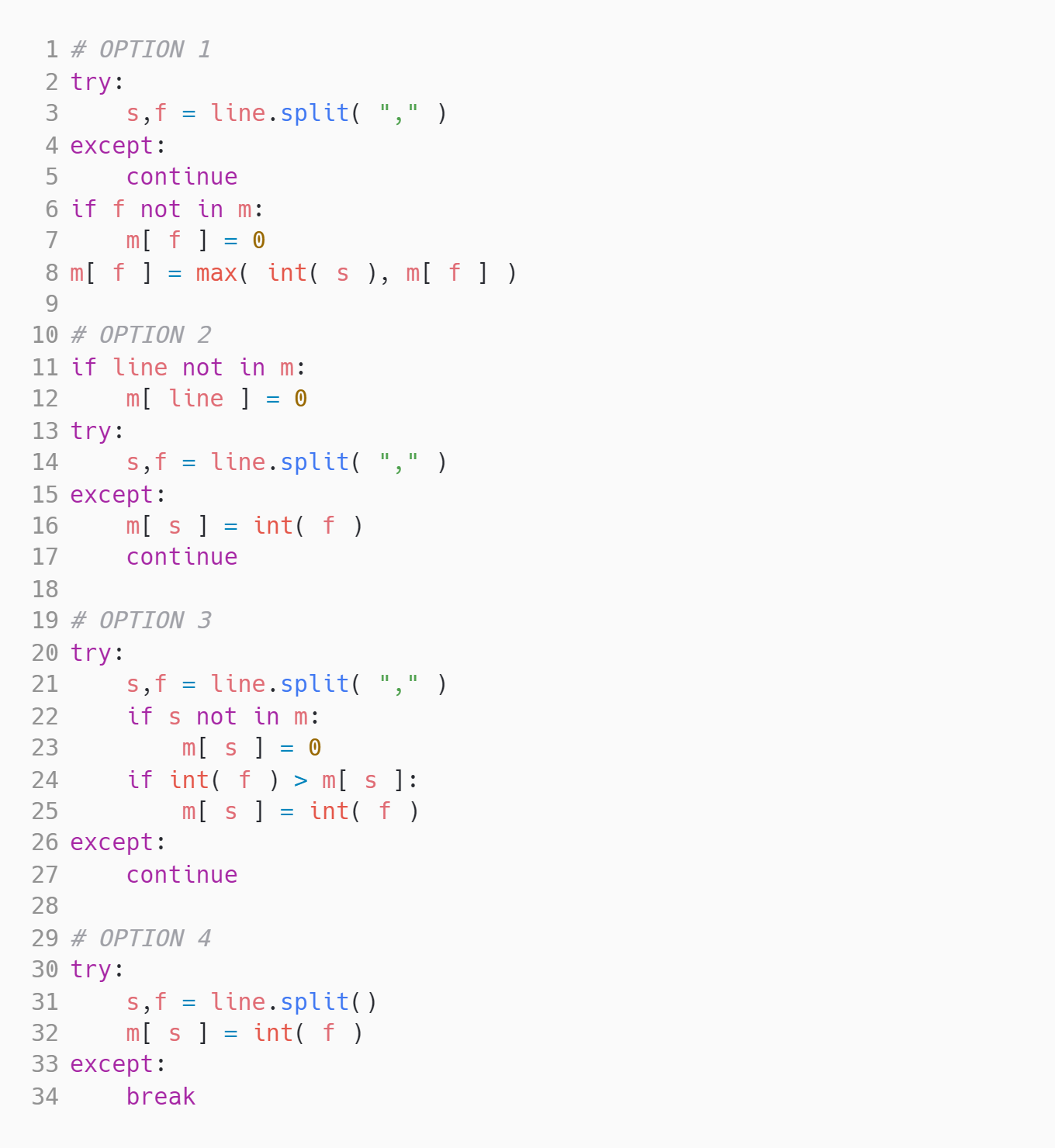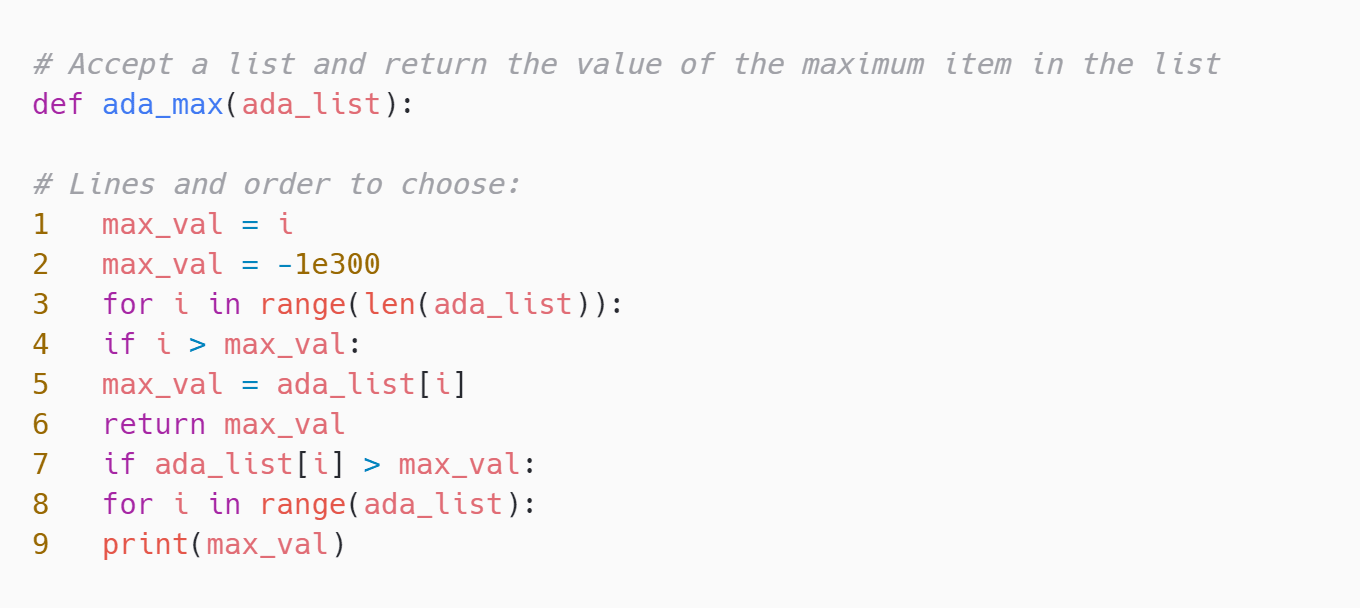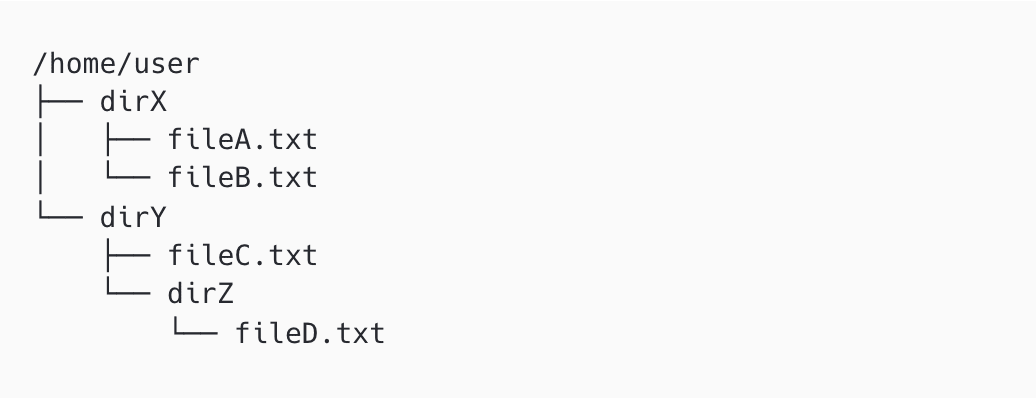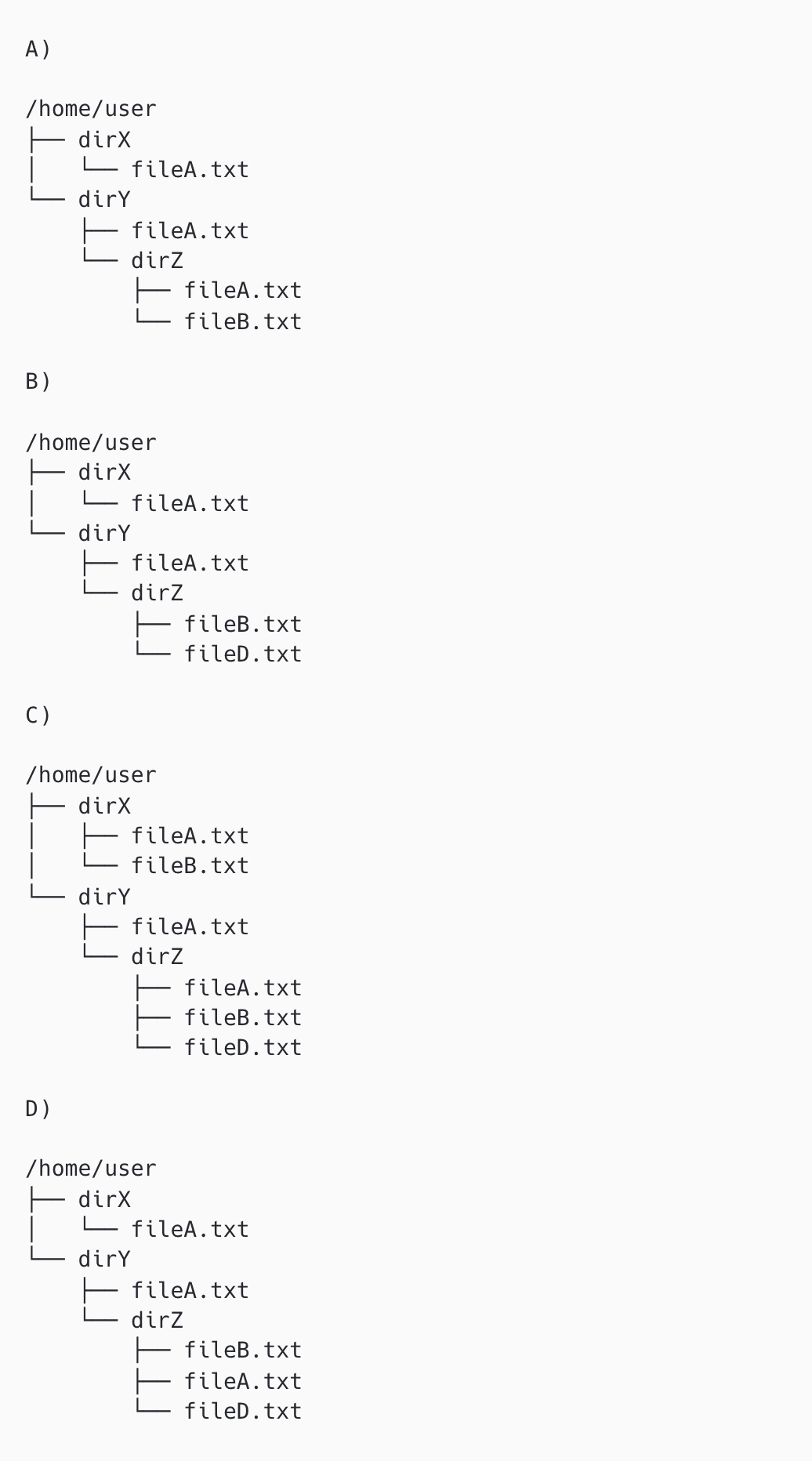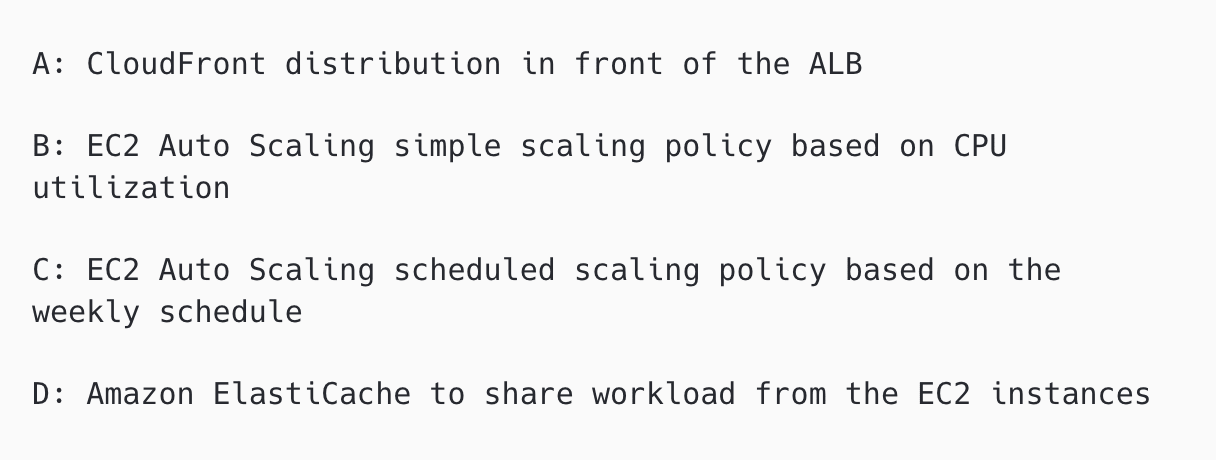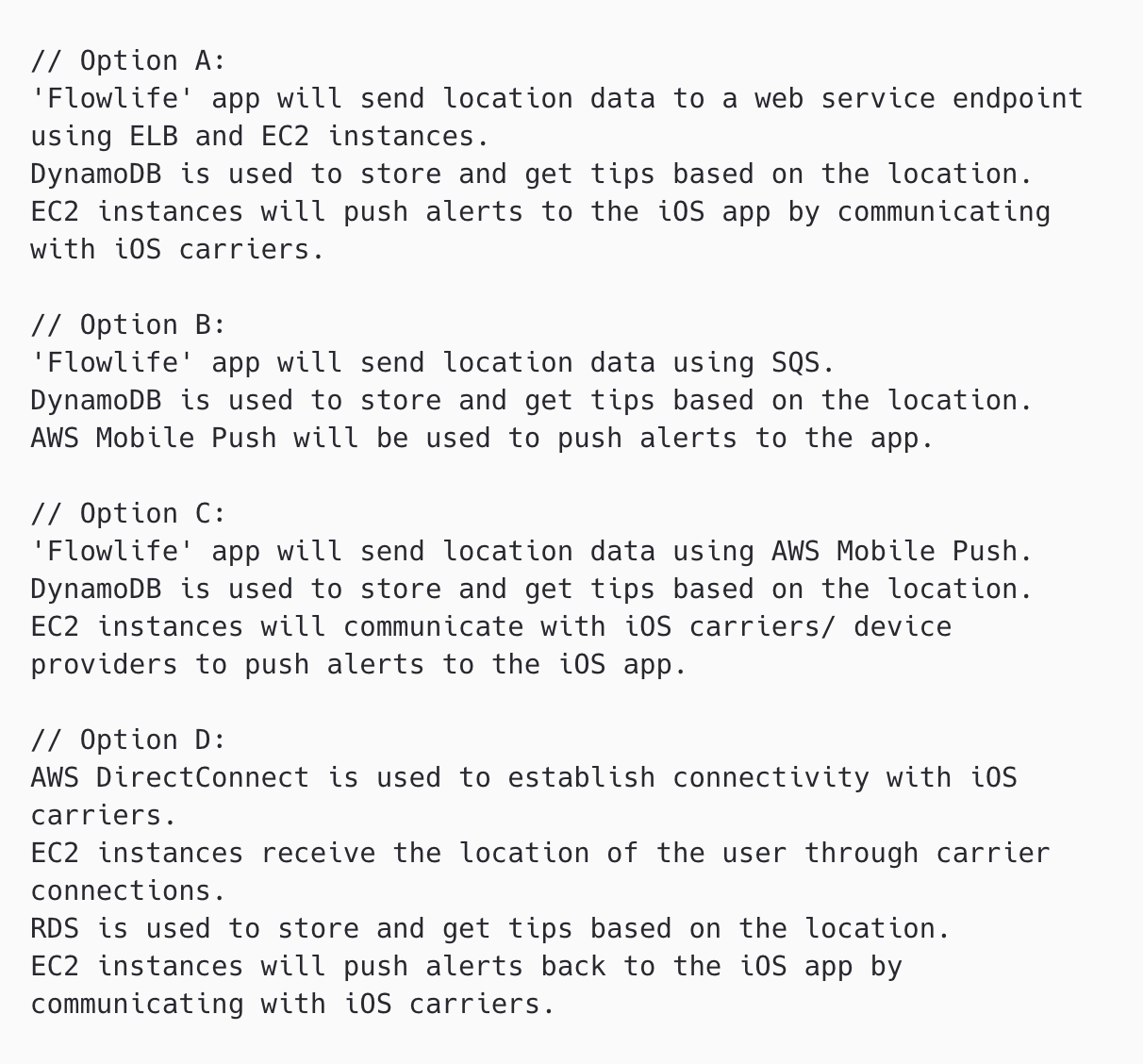AWS Core services: AWS Core services refer to the foundational building blocks of the Amazon Web Services (AWS) platform, including compute, storage, and networking services. These services provide the infrastructure required to host and run applications in the AWS cloud. It is essential to measure this skill in the test as it assesses the candidate's knowledge and understanding of the core AWS services, which are fundamental for designing and implementing scalable and reliable cloud-based solutions.
Configuration Management: Configuration management involves the processes and tools used to automate the management and deployment of system configurations. It includes activities such as provisioning, configuration file management, and setting up environments. Measuring this skill in the test allows recruiters to evaluate a candidate's ability to effectively manage and maintain the configuration of software and infrastructure, ensuring consistency across different environments and improving overall system reliability and scalability.
AWS Troubleshooting and Debugging: AWS Troubleshooting and Debugging refers to the ability to identify and resolve issues and errors that may occur within AWS services and solutions. This skill evaluates a candidate's proficiency in diagnosing problems, analyzing logs, and applying appropriate debugging techniques to ensure the smooth operation of AWS deployments. Measuring this skill is crucial as it assesses the candidate's ability to effectively troubleshoot and resolve issues, minimizing downtime and optimizing system performance.
Python Basics: Python Basics encompass the fundamental concepts, syntax, and features of the Python programming language. This skill measures a candidate's understanding of variables, data types, control flow, functions, and basic programming constructs. Evaluating this skill in the test helps recruiters assess a candidate's foundation in Python, which is widely used for scripting and automation tasks in DevOps environments.
Python OOPs: Python OOPs (Object-Oriented Programming) refers to the ability to leverage object-oriented principles and concepts, such as classes, objects, inheritance, and polymorphism, in Python programming. Measuring this skill allows recruiters to evaluate a candidate's proficiency in developing modular and reusable code using OOP principles, enabling better code maintainability, extensibility, and code organization.
Python Data Structures: Python Data Structures encompass the various data storage and manipulation techniques available in Python, such as lists, tuples, dictionaries, and sets. This skill measures a candidate's understanding of how to effectively store, retrieve, and manipulate data using these built-in data structures. Assessing this skill in the test enables recruiters to evaluate a candidate's ability to efficiently handle and manipulate data, which is essential for many DevOps tasks involving analysis, processing, and transformation of data.
Linux Fundamentals: Linux Fundamentals refer to the foundational knowledge and understanding of the Linux operating system, including its architecture, file system, command-line interface, and essential utilities. Measuring this skill allows recruiters to assess a candidate's proficiency in navigating and working with Linux systems, which are widely used in many DevOps environments. Understanding Linux Fundamentals is crucial for effectively managing and maintaining Linux-based infrastructure in a DevOps context.
Shell Scripting: Shell Scripting involves writing scripts that automate tasks and operations in a command-line environment using shell programming languages, such as bash. This skill measures a candidate's ability to write efficient shell scripts for automating repetitive tasks, system administration, and configuration management. Evaluating this skill in the test enables recruiters to assess a candidate's proficiency in automating various DevOps processes, improving efficiency, and reducing the likelihood of human errors.





















